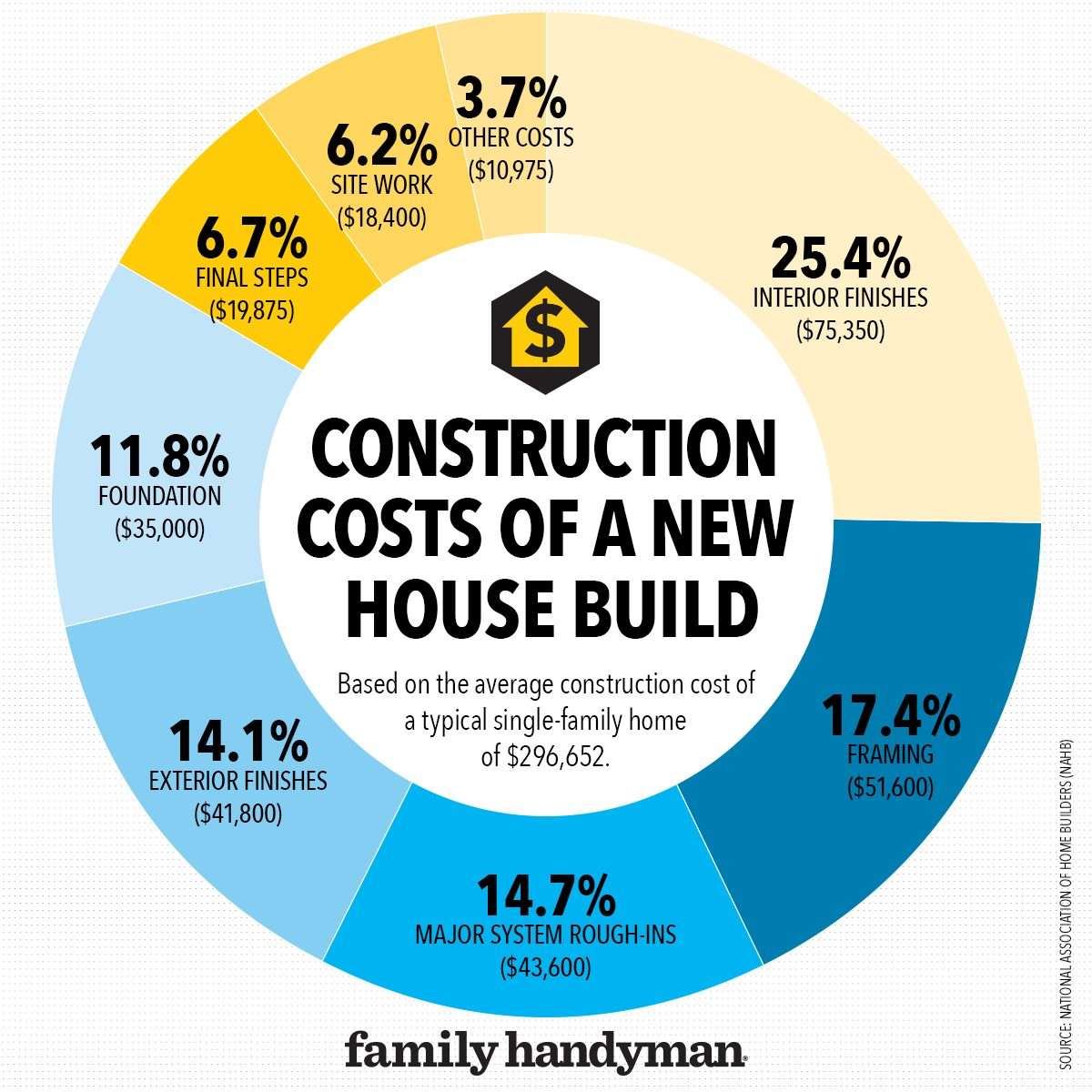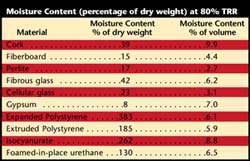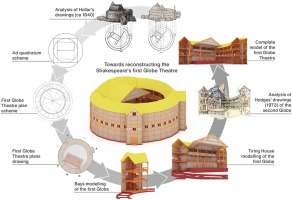The building materials industry, often perceived as traditional and slow to adopt new technologies, stands to gain significantly from embracing digital marketing. It’s no longer enough to rely solely on relationships and word-of-mouth; potential customers, from contractors to homeowners, are increasingly turning to the internet to research products, compare prices, and find suppliers. Effective digital marketing for building material suppliers involves a multifaceted approach, encompassing everything from search engine optimization to social media engagement. Understanding the specific needs and online behavior of your target audience is paramount to crafting a successful strategy, ultimately driving sales and establishing a strong brand presence.
Understanding Your Target Audience
Before diving into specific tactics, it’s crucial to define your ideal customer. Are you primarily targeting contractors, architects, interior designers, or homeowners? Each group has distinct needs and online habits. Understanding these nuances will allow you to tailor your messaging and choose the most effective channels.
- Contractors: Focused on efficiency, durability, and cost-effectiveness. They often seek quick access to technical specifications and pricing.
- Architects & Interior Designers: Concerned with aesthetics, sustainability, and innovative materials. They value visual inspiration and detailed product information.
- Homeowners: Prioritize aesthetics, ease of installation, and long-term value. They are heavily influenced by online reviews and visual content.
Key Digital Marketing Strategies
Search Engine Optimization (SEO)
A strong SEO strategy ensures your website appears prominently in search results when potential customers search for building materials. This involves:
- Keyword Research: Identifying the terms your target audience uses to search for products like yours.
- On-Page Optimization: Optimizing your website’s content, meta descriptions, and title tags to improve search engine rankings.
- Off-Page Optimization: Building high-quality backlinks from reputable websites in the construction industry.
- Local SEO: Optimizing your Google My Business profile to attract local customers.
Content Marketing
Creating valuable and informative content can attract and engage your target audience. This could include:
- Blog Posts: Addressing common questions, providing tips on installation, and showcasing successful projects.
- Case Studies: Demonstrating the effectiveness of your products in real-world scenarios.
- Videos: Creating how-to guides, product demonstrations, and virtual tours of your facilities.
- Infographics: Presenting complex information in a visually appealing and easily digestible format.
Social Media Marketing
Social media can be a powerful tool for building brand awareness, engaging with customers, and driving traffic to your website. Focus on platforms where your target audience is most active, such as LinkedIn, Facebook, and Instagram. Share compelling visuals, run contests, and engage in conversations with your followers.
Email Marketing
Email marketing allows you to nurture leads, promote new products, and share valuable content with your subscribers. Segment your email list based on customer interests and behavior to deliver personalized messages that resonate.
Measuring Your Success
It’s essential to track your progress and measure the effectiveness of your digital marketing efforts. Key metrics to monitor include website traffic, lead generation, conversion rates, and return on investment (ROI). Use analytics tools like Google Analytics to gain insights into your website performance and identify areas for improvement. A successful digital marketing strategy for building material suppliers needs consistent analysis and adjustment.
Ultimately, a well-executed digital marketing strategy can significantly boost your sales, expand your market reach, and establish your brand as a leader in the building materials industry. The key is to understand your target audience, choose the right channels, and consistently create valuable content that resonates with their needs. By embracing the power of digital, building material suppliers can unlock new opportunities for growth and success.
LEVERAGING TECHNOLOGY FOR ENHANCED CUSTOMER EXPERIENCE
Beyond the core marketing strategies, integrating technology into your customer interactions can significantly improve their experience. Consider implementing the following:
– Online Product Configurators: Allow customers to visualize how your materials will look in their projects. This is especially beneficial for homeowners making aesthetic decisions.
– Virtual Reality (VR) Showrooms: Offer immersive experiences that allow customers to explore your product range from the comfort of their own homes or offices.
– Mobile Apps: Provide contractors with quick access to product information, pricing, and ordering capabilities on the job site.
– Live Chat Support: Offer instant assistance to customers with questions about your products or services.
THE IMPORTANCE OF DATA ANALYTICS
Data is your most valuable asset in the digital age. By collecting and analyzing data on your customers’ online behavior, you can gain valuable insights into their needs and preferences. This data can be used to:
– Personalize your marketing messages: Deliver targeted content that is relevant to each customer’s specific interests.
– Optimize your website and marketing campaigns: Identify areas for improvement and maximize your ROI.
– Develop new products and services: Meet the evolving needs of your target audience.
– Improve customer service: Proactively address customer issues and build stronger relationships.
BUILDING A STRONG ONLINE REPUTATION
In today’s digital world, online reviews and ratings play a significant role in shaping consumer decisions. It’s crucial to actively manage your online reputation and encourage satisfied customers to leave positive reviews. Here are some tips:
– Monitor your online reviews: Use tools like Google Alerts and Mention to track what people are saying about your company online;
– Respond to reviews promptly and professionally: Address negative reviews constructively and offer solutions to resolve customer issues.
– Encourage satisfied customers to leave reviews: Make it easy for customers to leave reviews on popular platforms like Google, Yelp, and industry-specific review sites.
– Showcase positive reviews on your website: Build trust and credibility by highlighting positive feedback from your customers.
Digital marketing presents a dynamic landscape, requiring continuous adaptation and innovation. Embracing a customer-centric approach, coupled with data-driven decision-making, is paramount for building material suppliers seeking to thrive in the digital age. As the industry continues to evolve, staying ahead of the curve and investing in the right digital strategies will be essential for long-term success.






